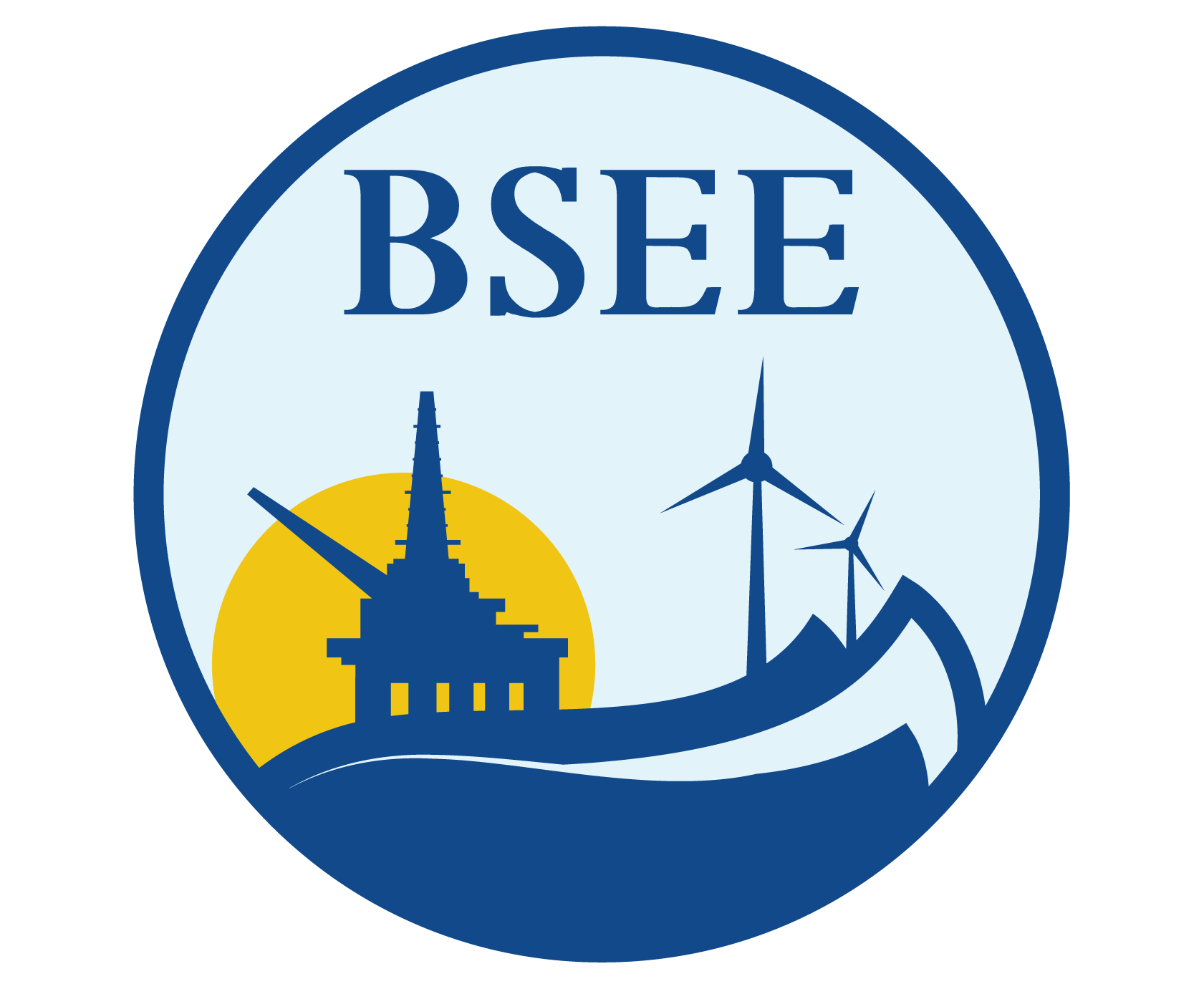Damage Tolerance of Synthetic-Fiber Mooring Ropes, Phase I: Small-Scale Experiments
Research pm the damage tolerance of Synthetic-Fiber Mooring ropes for use on MODU's. Analysis of controlled, damage-tolerance, static tension tests on elements and sub-rope components taken directly from representative polyester mooring rope products. This research laid a foundation into the behavior of ropes with damage including more sophisticated analytical modeling.
